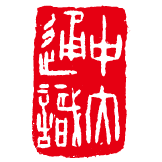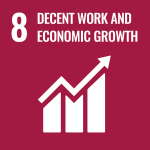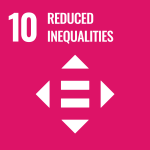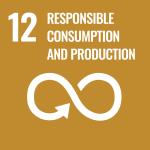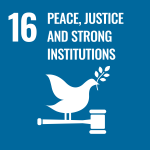UGEA2334 China Today
Time
Lecture: Fridays 02:30 - 04:15 p.m.
Tutorial: Fridays 04:30 - 05:15 p.m.
Instructor
TBA
Course Description
China is looming large on the global scene and our everyday life. It is a rising power that is changing the world order. It is a land of promising opportunities that attract an immense amount of capital and talents from overseas. Not to mention that a large part of the stuff we consume is produced in China. However, China is still—at least nominally—a socialist country that continues to embrace one-party rule and political censorship. Through the holistic perspective of anthropology that gives equal emphasis on political, economic, social, cultural, and ecological factors, this course addresses a host of issues that are salient in understanding China and its position in the contemporary world. The anthropological perspective is particularly good at making sense of the macro-level issues through studying day-to-day details and processes in a small locale. This course starts with examining China’s revolution-packed modern history and the making of the powerful Communist Party; topics covered include classical anthropological themes on family, kinship, religion, education, ethnicity, identity, and morality. In the second half of the semester, this course examines emerging social concerns to explore how global processes such as modernization and late-capitalist development shape Chinese cultural and social institutions. These concerns include consumerism, individualism, urbanization, underground (unofficial) culture, civil society and activism, and financialization and digitalization. The course also draws from disciplines other than anthropology—for example, history—and some of the finest journalist writings on China. The overall intention is to provide a well-rounded and nuanced understanding of China today. The course prepares students for the United Nation’s Sustainable Development Goals (SDGs). Anthropology has a strong heritage concerning inequality, marginalized group, human and environment, and wellbeing for all. Analyzing China, this course aims at understanding the development and choices of human beings. Therefore, the course will improve students’ reflection on several SDGs including “promoting inclusive and sustainable economic growth,” “reducing inequality within and among countries,” “sustainable consumption and production patterns,” and “peaceful and inclusive societies for sustainable development and providing access to justice for all.”
Learning Outcome
- Acquire a good understanding of contemporary China.
- Be acquainted with the anthropological holistic perspective.
- Identify the core cultural characteristics of Chinese society and how they are shaped by political, economic, social and ecological factors.
- Analyze emerging concerns in China in the context of global transitions.
- Reflect upon the challenges regarding inequality, marginality, sustainability, and inclusiveness based on the analysis of China.
- Establish the students’ own critical perspective of China today and the world.
- Evaluate the concept of sustainability and development anthropologically to figure out how to meet the challenges of SDGs.

